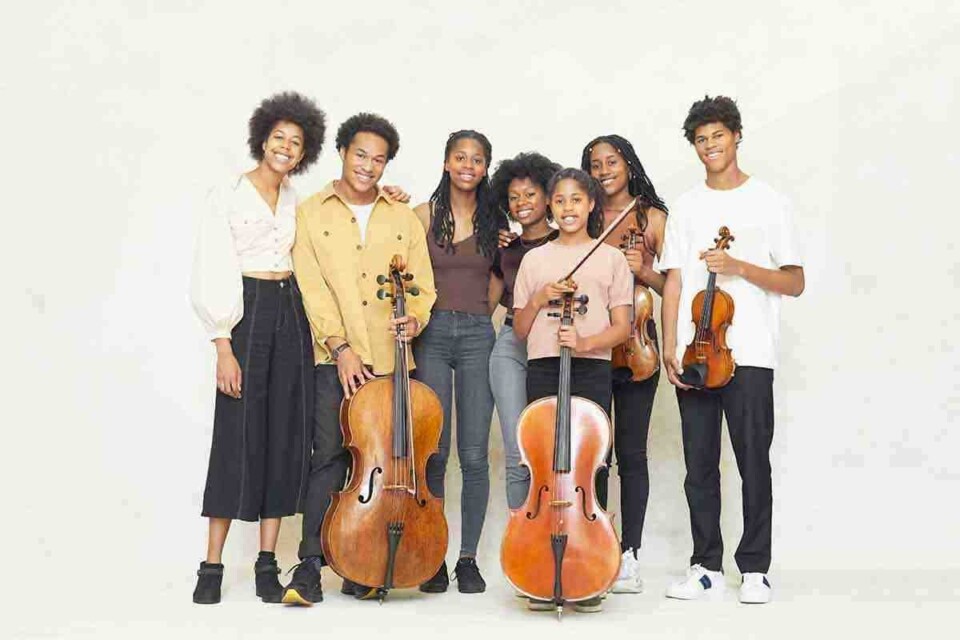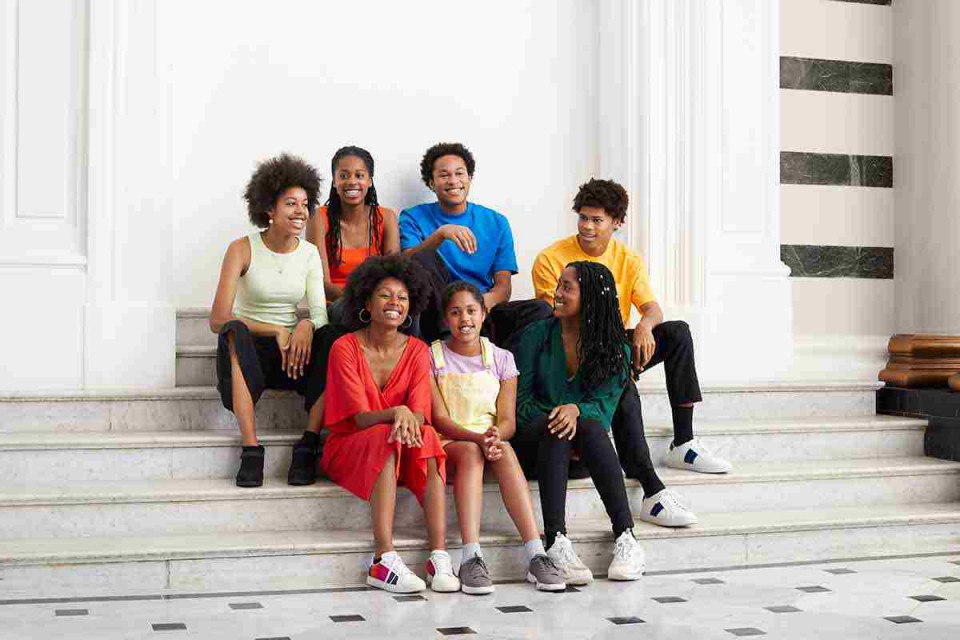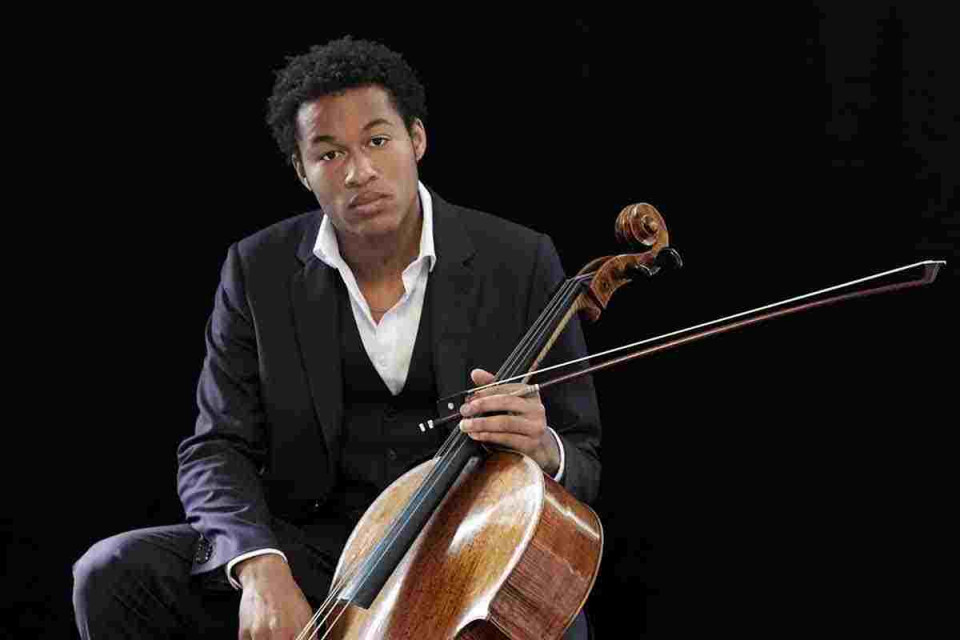Meet Sheku Kanneh-Mason, a star to inspire a whole new generation.
Imagine being part of a family of seven vibrantly musical children, all learning instruments and practising every day, in an ordinary suburban house in Nottingham, England. “It was tricky when all of us were there,” concedes Sheku Kanneh-Mason, who was dubbed “the world’s new favourite cellist” by The Times when he was just 19.
“It was chaotic and quite loud. I’d find a corner to practise – in my bedroom, something like that. “For the pianists it was trickier. They would have a rota.” There were two pianos, but everyone knew one was a lot better than the other. Kanneh-Mason is still only 23, but he has already had the equivalent of some other performers’ whole careers. He can’t quite remember how old he was when he started performing professionally – 16 or 17 – but he was just 17 when he won the BBC Young Musician of the Year, the first black musician to win in the prize’s 38-year history. He has since released two albums; with his second album, Elgar (2020), he became the first cellist to have a Top 10 hit in the UK album chart.
In 2018, he was asked to play at the wedding of Prince Harry and Meghan Markle, watched by two billion people around the world. In 2020, he was awarded an MBE for his services to music. He may be the third musician in his family, but his CV reads as a series of remarkable firsts.
In July, Kanneh-Mason will make his first trip to Australia, where he will appear as a guest performer with the Melbourne Symphony Orchestra playing Shostakovich’s Second Cello Concerto. Shostakovich wrote the piece for his friend Mstislav Rostropovich to play at his own 60th birthday in 1966; it echoes a life spent struggling to create within the confines of political repression. Young as he is, Kanneh-Mason’s delivery shoulders that weight. “Yes, it’s incredibly, intensely, dark music,” he agrees. “I find spending a long time each day practising this piece and performing it does take a lot of energy, but it’s also such an amazing piece, because there’s so much music, so much underneath the surface.” He calls it a “patient piece” because it reveals itself only slowly. “It takes a high level of focus, both from the performer and the audience, but the reward of that focus is very powerful, I think.”


“But, seeing a whole orchestra performing, I remember being excited by the sound and the look of the cello. So I asked if I could learn that instead.”
Sheku Kanneh-Mason was six when he first saw a cello in action. His sister Isata, who is two years older, played piano. His brother Braimah, one year ahead of him, played violin.
His four younger siblings have also all become excellent musicians in their turn: Konya (21, piano and violin), Jeneba (19, piano and cello), Aminata (16, violin, piano and singing) and Mariatu (12, cello). Remarkably, neither of their parents is a musician. Stuart Mason, originally from Antigua, is a business manager in the hotel industry; their mother, Dr Kadiatu Kanneh – whose father is from Sierra Leone and whose mother is Welsh – was a university lecturer in English literature. “But they love music and were very encouraging always,” Kanneh-Mason says. “They took us to watch concerts and we’d listen to a lot of music at home and in the car. That’s how we got into it really.” Not that they were limited to classical music. Reggae was also big in the Kanneh-Mason household; Sheku, who has recorded his own inventive arrangement of ‘No Woman, No Cry’, once said that if he could play with anyone, dead or alive, it would be Bob Marley. “I would be so moved by being in his presence. Even when I’m playing a piece of classical music, I feel influenced by how Marley performs,” he told UK radio station Classic FM.
Sheku Kanneh-Mason: 2022 Mid-Season Gala
MSO's Mid-Season Gala features Sheku Kanneh-Mason and Jaime Martín on Saturday 30 July 2022 at Hamer Hall, Arts Centre Melbourne.
Proudly presented by MSO Premier Partner Ryman Healthcare in association with Andrew McKinnon Presentations.
